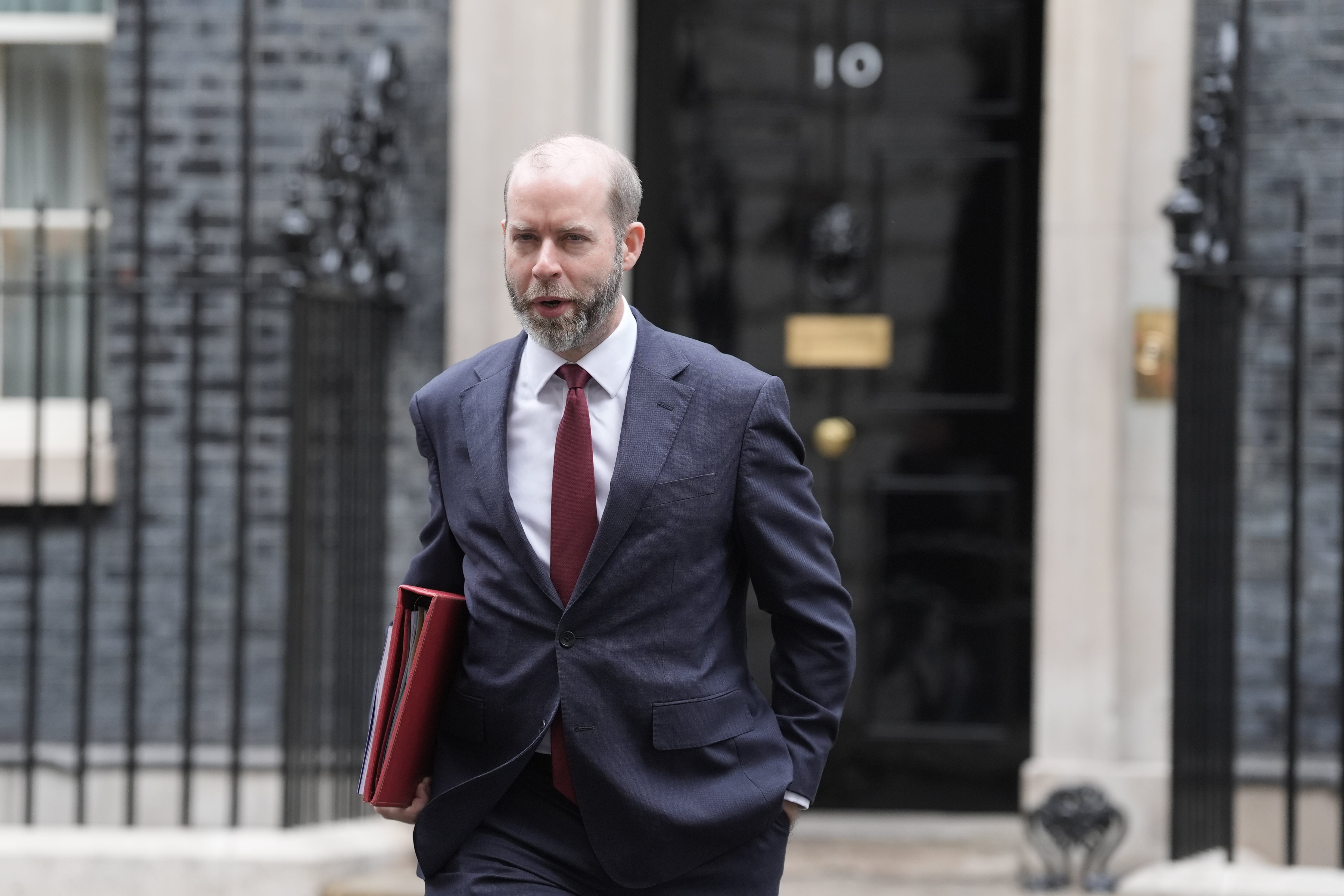
The Business Secretary has dismissed calls for new workplace legislation that would allow Britons to be sent home during extreme heat, despite much of England bracing for temperatures set to reach 34C.
Jonathan Reynolds argued that "behavioural changes" like drinking plenty of water and staying protected in the sun were more important than additional legal frameworks.
His comments come as extreme heat warnings were extended across large parts of England on Monday, with the forecast 34C making it one of the hottest June days on record.
The Met Office said temperatures would climb above 30C widely across England including places such as Manchester, Sheffield, Bristol and Cambridge – with highs of 34C in London and south-east England.
The sweltering heat means Monday was one of the hottest June days ever, with UK temperatures for the month only surpassing 34C in only three years since 1960.
It marks the second heatwave for parts of the UK this month, with scientists warning searing temperatures of 32C earlier in June were made 100 times more likely because of human-caused climate change, while the heatwave that gripped south-east England was 10 times likelier.

Heatwaves are becoming more frequent and intense due to climate change, and experts have warned heatwaves are “silent killers”, with the impacts of heat severely underestimated.
There is no law nor guidance in the UK for minimum or maximum acceptable workplace temperatures, but employers must follow health and safety law to keep temperatures at a reasonable level.
Mr Reynolds suggested a law change was not needed when asked if workers should be sent home in the event temperatures climb too high and there is no mitigation like air conditioning in place.
He told the PA news agency: “It is a hot day today for a northerner like myself. I’m struggling a little bit with it.
“There are existing laws in place, the health and safety acts, around what a safe workplace should be. I don’t think we need more legislation in that area.”
He added: “Obviously, some behavioural changes, making sure people are hydrated, obviously are duly protected if they work, particularly outside.
“I think we have got to make sure that we’re doing that. We shouldn’t need additional laws.”
What is a heat dome? Weather system explained as Europe faces sweltering temperatures
Europe heatwave latest: Eiffel Tower summit closed amid record temperatures
Business news live: Bank of England reveals tariff influence on interest rates
Households to receive up to £2,000 compensation for water service failures
Starmer ditches Pip benefit reforms in face of Labour revolt
Starmer abandons key welfare reforms in face of Labour revolt







